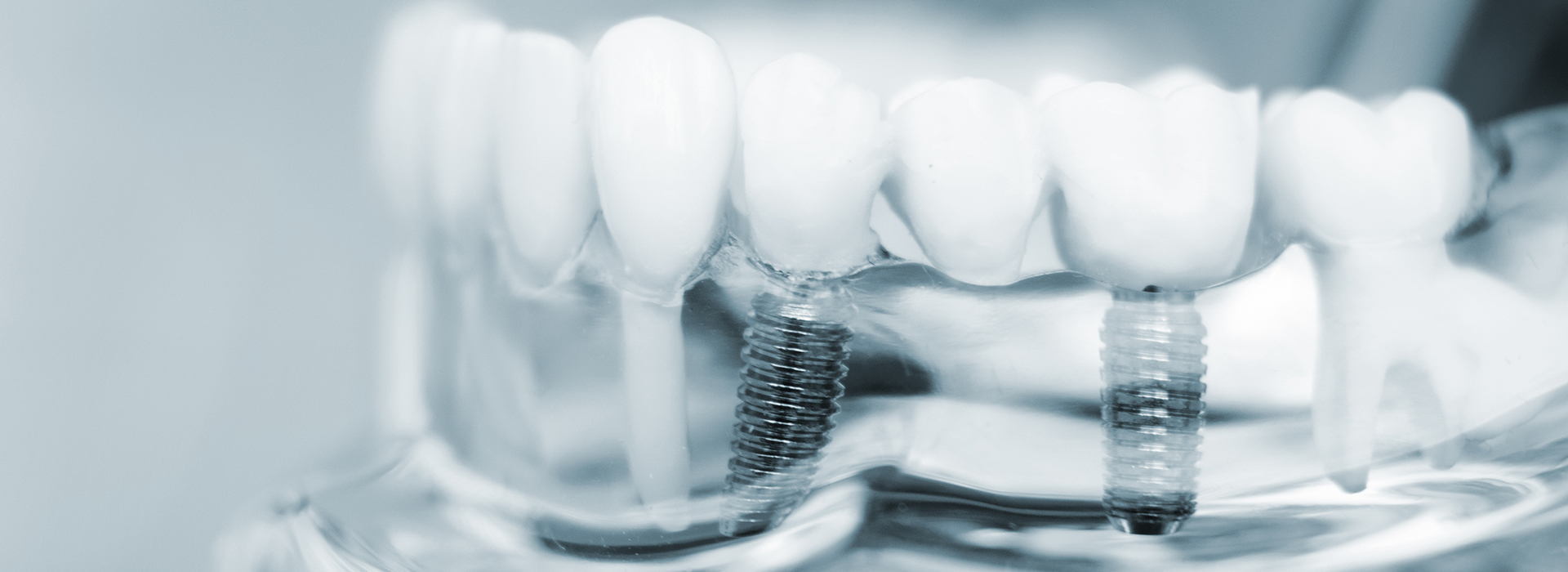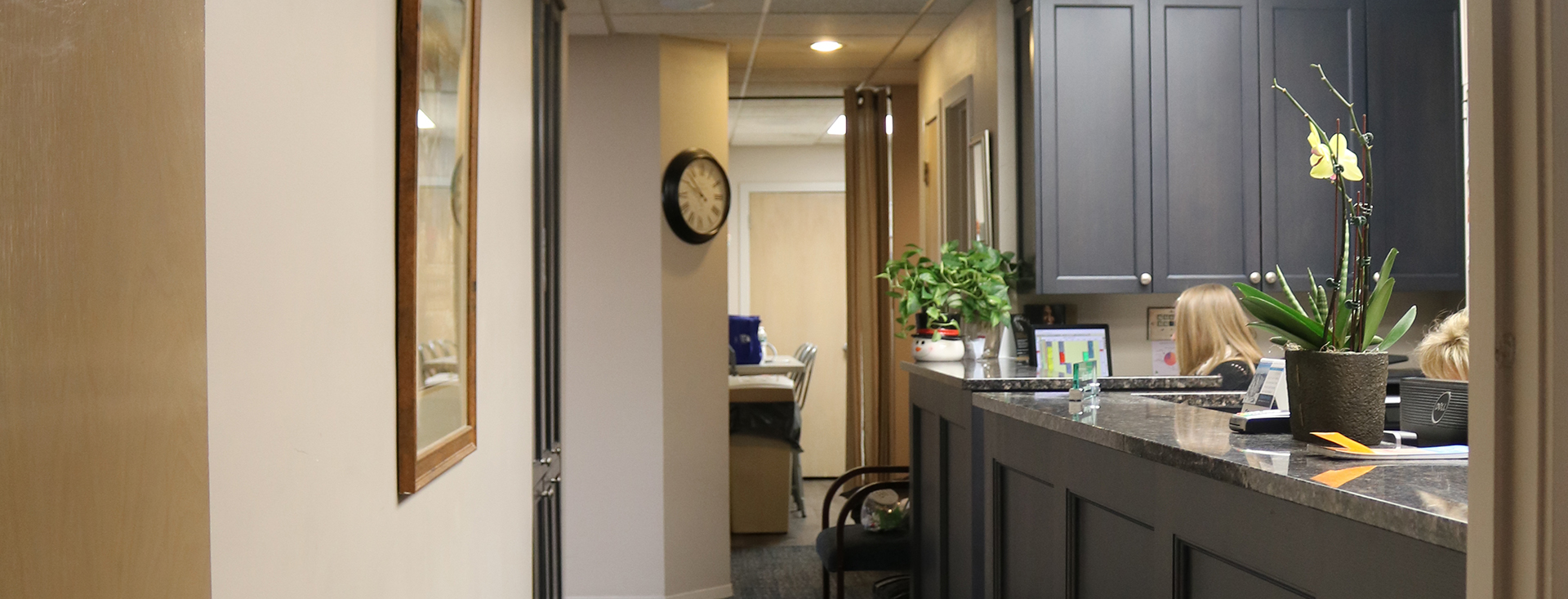Existing Patients
(631) 543-5555
New Patients
(631) 458-4720

Dental implants are an extremely natural-looking option for the replacement of missing teeth. These titanium implants are surgically placed in the jawbone to act as artificial tooth roots and are used to attach replacement teeth below the gum line. Dental implants are popular because they look and function much like natural teeth. They don't rely on surrounding teeth for support as dental bridges do, and no special care is needed.
Dental implants are typically placed in two steps. First, the implants are surgically placed into the patient's jawbone by a dental surgeon. The gums and jawbone are allowed to heal so that the bone fuses with the titanium implant. Once the healing process is completed and Dr. Kreitzberg determines that the bone has fused and established a solid foundation, he will craft a natural-looking replacement tooth and attach it to the implant.
Because the success of dental implants depends on how well they fuse to the jawbone, they work well only for patients who have sufficient bone and healthy gums. To determine if you are a good candidate for dental implants, schedule an appointment with Dr. Glen R. or Dustin H. Kreitzberg for a full evaluation today!
If you've lost a tooth due to injury, decay, gum disease, or any other reason, we recommend dental implants to replace missing teeth. Dental implants come the closest to replicating the look, feel, and function of your natural teeth.
Dental implants are placed into the jawbone and mirror the same function as the root of a tooth. The procedure for dental implants is usually performed while a patient is sedated. Patients who undergo IV sedation must have an empty stomach and transportation home following the procedure. Most sedation patients will have little to no memory of the procedure occurring.
Generally, dental implants are made out of a biocompatible metal such as titanium. Biocompatible metals are also used for other common bone implants (such as shoulder, hip, and knee replacements). The visible portion of the implant is usually made out of porcelain and is custom-made to match your existing teeth.
Dental implants are designed to fuse to the bone, which makes them become permanent fixtures. Typically speaking, the success rate is nearly 100%. There are few cases in which the implant will not fuse as intended and must be removed. If this happens to occur, the procedure can be attempted again a few months later.
Dental implants are not usually covered by dental insurance, but may be covered under a patient's medical insurance. Our office and your insurance company can discuss coverage options with you based on your individual case and treatment plan.
It's easy... just take care of an implant as if it's a natural tooth! This involves regular brushing, flossing, and dental checkups. If you have any concerns about your implant, contact us immediately.
